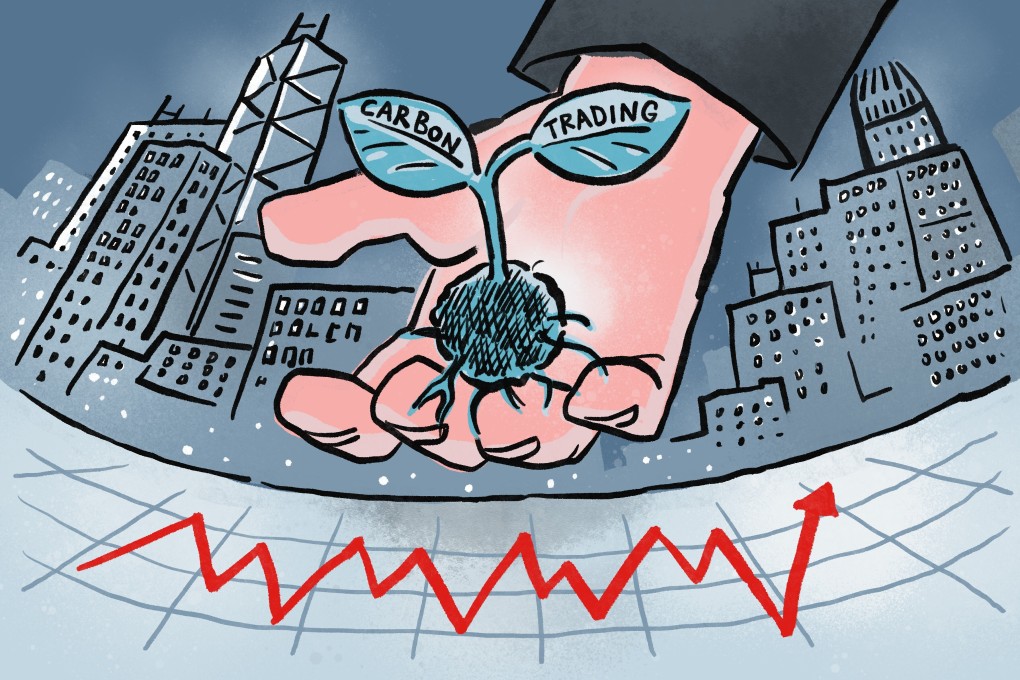Here’s how Hong Kong’s deep capital pool and access to China puts city in good stead to be the green finance regional hub
- Hong Kong could pick “the lowest hanging fruit” by launching carbon credit derivatives accessible to both mainland Chinese and international investors
- A range of credits-backed investment products can also be created to help investors diversify their portfolios and hedge against inflation

The final instalment of a four-part series on the United Nations Climate Change Conference (COP26) in Glasgow looks at how Hong Kong can play a role in reversing global warming. The first three instalments are here, here and here.
Hong Kong’s track record as a mature international financial centre puts the city in good stead to become a regional hub for climate finance and the trading of carbon credits, but success will require hard work on setting a standard for disclosures and risk management, industry experts said.
In particular, the nascent business of private sector-driven voluntary carbon credits trading is tipped to see explosive growth and present great opportunities, even if the city – with a tiny industrial sector – is not forced by the government to undergo mandatory carbon trading.

